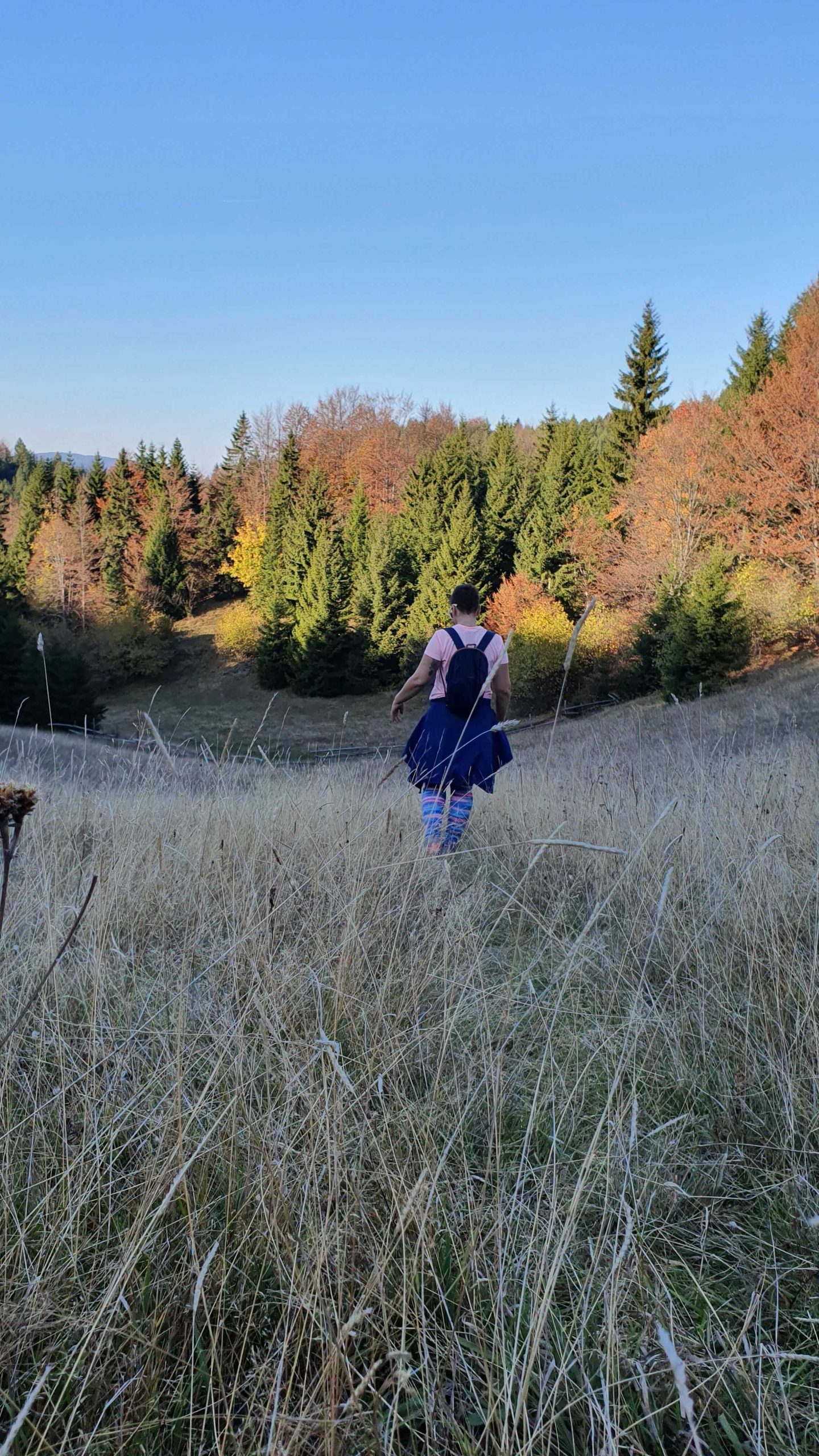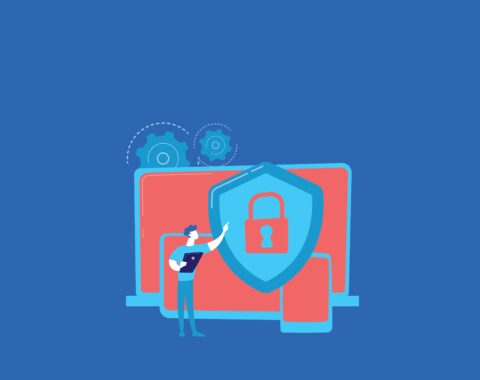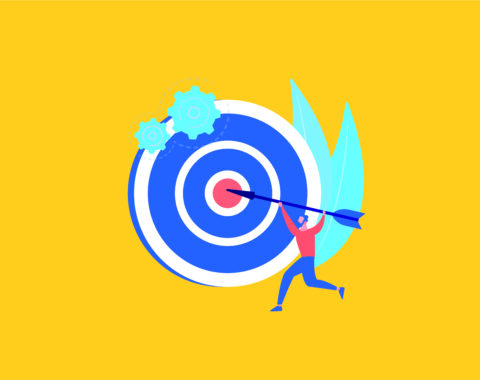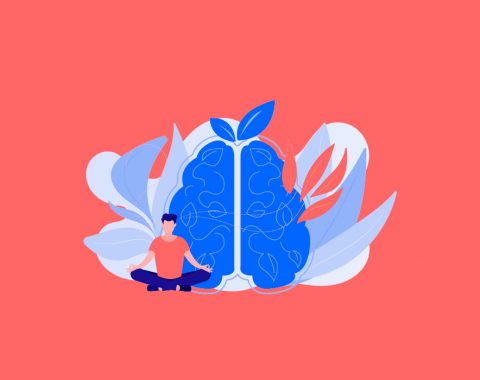Nature, Isatisians and Vučko 2021
Wheather you are a professional or recreational hiker, or you prefer spending your time outdoors on more relaxed, hedonistic way, one thing is certain – you feel better and more energized after it.
Spending time in nature has multiple positive effects on our health, both mental and physical.
The reasons and ways – how and why – we feel better after spending time outdoors, apropos why is nature so beneficial for our health, represent a challenge for scientists and researches. Complex mechanisms in the background of this process are just partially determined. Some hypothesis come from perspective of evolution – human beings, as a species, possess an affinity towards connecting with nature. Our landscape itself can be an important factor in determining this complex process of wellbeing. Water is related with positive impact on human perception of aesthetics, and water bodies, also known as blue – spaces are associated with better mood and self esteem while psychological stress decreased. Also, landscapes with lot of green spaces and forest may be associated with physiological wellbeing too.

Recent studies show that concentration of salivary cortisol, known as stress – hormone, is decreasing when recreational hikers were spending time at aesthetically pleasing places with lots of green spaces, water and wildlife (Opadahl, Demps i Heath, 2021).

Except concentration of salivary cortisol, frequently used parameter for measuring psychological stress is alpha – amylase. Hunter, Gillespie and Chen (2019) examined connection between lower levels of these two biomarkers of stress and time spent in nature, also known as nature experience. Results show that the biggest efficiency of nature experience happens when we spend 20 to 30 minutes in nature, at least three times a week.
Longer nature experience shows continuous decrease of cortisol and alpha – amylase but not that dramatic as within first 30 minutes of it. For optimal effects of spending time in nature, results suggest that key factor is type of activity. Concentration of alpha – amylase was significantly lower when participants were spending their time in nature in a more active way.
Although spending time in nature is time well spent for us, it has some negative environmental consequences too. Many natural habitats are disrupted or polluted, disturbing the wildlife in them.
Keeping all of this in mind, our Isatisians crew decided to take part in a nature – friendly race to raise awareness about environmental protection and to do something good for their health. Some members of our team are already experienced athletes and hikers, ready to lead us on this journey. This year’s Vučko Trail 2021 is a great opportunity to organize a few preparation hikes during spring and get back on track after a long winter, but also to spend some time together outdoors while walking together towards our goal! Nature is our friend on a way to a happier, stress – free life.





